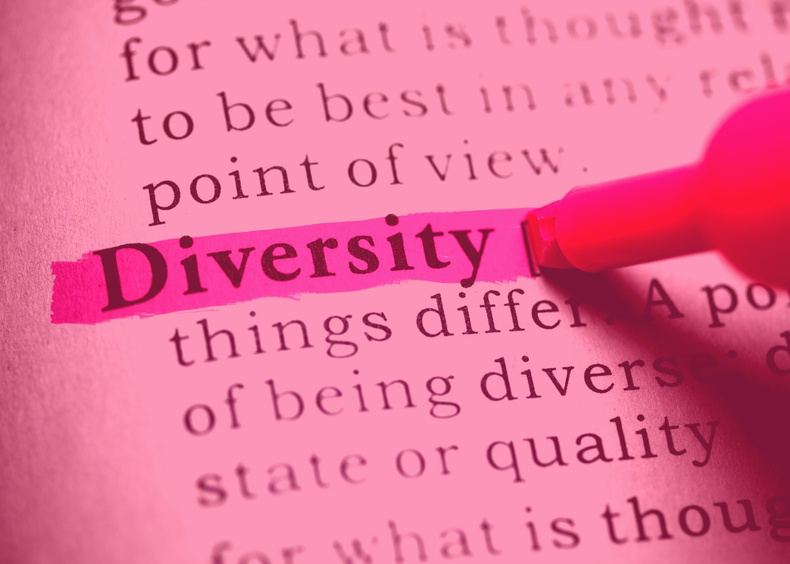Why diversity in cybersecurity matters

The importance of diversity within the cybersecurity industry cannot be overstated. Beyond being a buzzword, diversity in cybersecurity is a critical factor that contributes to the strength and resilience of digital defences.
In this blog post, we'll explore why diversity matters and how it goes far beyond just ticking boxes for inclusivity.
Diverse perspectives
Cyber threats are constantly evolving, making them even more sophisticated and elusive. To counter these threats effectively, it's crucial to have a variety of perspectives within the cybersecurity workforce.
Diverse teams bring together individuals with unique backgrounds, experiences, and ways of thinking.
This diversity of thought is a powerful asset when developing defence strategies. Different viewpoints allow for a more comprehensive understanding of potential risks and vulnerabilities, leading to more reliable and resilient security measures.
Imagine a team comprised solely of individuals with similar backgrounds and experiences. Their approach to problem-solving might be limited by their shared perspectives, potentially overlooking unconventional attack vectors that a more diverse team might catch.
By embracing diversity, we can build a stronger defence against the constantly evolving tactics of cyber adversaries.
Addressing the skill gap
The cybersecurity field is facing a significant skill gap, with an increasing demand for skilled professionals. Embracing diversity is not just about meeting quotas; it's about tapping into a broader talent pool.
People with physical disabilities, people from different religious and cultural backgrounds, people with different sexualities, and other underrepresented groups often bring unique skills and perspectives that can enrich the cybersecurity landscape.
Encouraging diversity in education and professional development programs helps bridge the skill gap by making the field more accessible to a wider range of individuals.
This inclusivity not only benefits organisations by filling critical roles but it also gives a "richer picture" in problem-solving in all walks of business and performance.
Cultural competence
Cybersecurity is a global challenge that requires a global response. As businesses expand internationally, they must be equipped to deal with threats that transcend borders.
Having a diverse cybersecurity team enhances cultural competence, allowing organisations to navigate the nuances of different regions effectively.
Understanding cultural differences is vital in crafting security policies and strategies that resonate with diverse user bases. A team with members from various cultural backgrounds can better anticipate and address the specific cybersecurity challenges faced by different communities, making security measures more effective on a global scale.
Breaking stereotypes and encouraging inclusion
The world of cybersecurity has often been depicted as a male-dominated field, perpetuating stereotypes that discourage individuals who don't fit this mould. Encouraging diversity is a powerful way to break down these stereotypes and create an inclusive environment where everyone feels welcome.
By showcasing successful professionals from diverse backgrounds, we challenge preconceived notions about who belongs in the cybersecurity field.
This not only attracts a more diverse talent pool but also creates an inclusive workplace culture where individuals are judged based on their skills and abilities rather than stereotypes.
